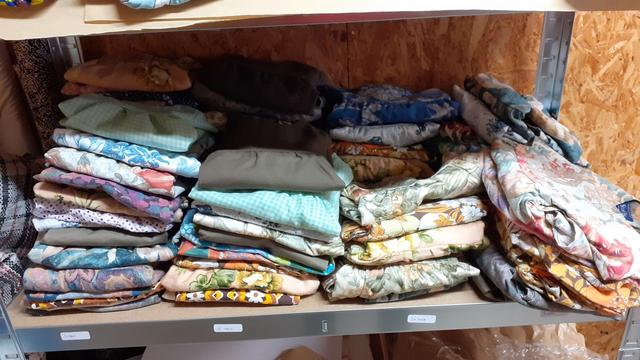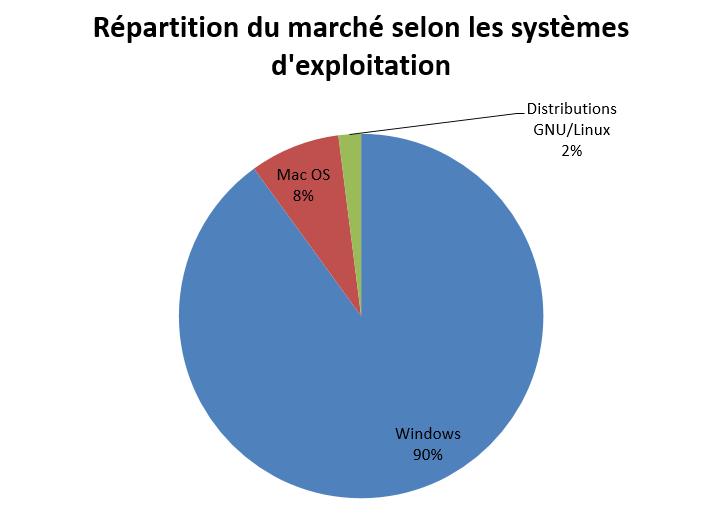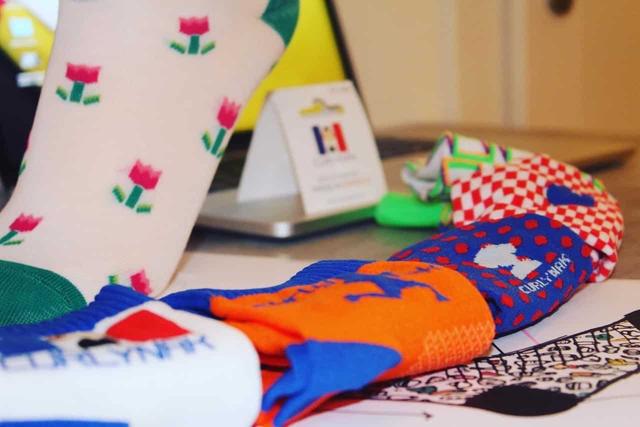Unsold non-food must be donated or recycled from January 1
By Eloïse Aubé Published onNewsSee my news
One more step towards the fight against waste. As of January 1, 2022, unsold non-food items must no longer be destroyed, in accordance with article 45 of the anti-waste and circular economy law (Agec).
Clothing, hygiene products, household appliances… These unsold items which, until now, were incinerated – which caused up to 20 times more greenhouse gas emissions – will have to be donated or recycled.
"The objective for 2022 is to reuse, reuse or recycle unsold non-food products", indicates the Ministry of Ecological Transition, with an emphasis on donations to associations fighting against pollution. precariousness and the structures of the social and solidarity economy.
Inventory of unsold non-food items
Each year in France, unsold non-food items represent a market value of more than 2 billion euros, according to a study by ADEME (Agence of the ecological transition). And this despite the multiplication of flash sales or destocking operations.
Also according to this analysis carried out in 2019, one third of the total amount of non-food unsold items concerns the clothing and footwear sector, i.e. 1,685 million euros. And among the main causes of these products that end up in the trash, we mention marketing obsolescence, overstocking or even minor defects in finished products or packaging.

"From next January 1st, it will be impossible to destroy a large part of the unsold products: we are thus putting an end to an ecological and social aberration", insists the ministry.
Also read
What products are concerned?
This ban will take place in two stages. First, January 1, 2022 for the products below:
Others have until December 31, 2023 to comply with the legislation. These are those who do not yet benefit from the Extended Producer Responsibility (EPR) sector [ This is the principle "polluter = pays" where manufacturers, distributors for products of their own brands and importers, who put on the market for products generating waste, must take charge of the management of this waste, in particular financially, Editor's note].
A fine in the event of non-compliance
In the event of non-compliance with this new obligation, the law provides for a fine of up to €15,000 per breach and per legal person.
Donations to associations
While recycling is one of the alternatives to the ban on destroying these unsold items, donations to associations remain preferred. It is even compulsory for hygiene and basic necessities products, which today represent 9% of unsold items destroyed.
Thus, soaps, shampoos, deodorants, toothpastes, sanitary protection, diapers, tissues, wipes, detergents, and others are affected by this measure.
Especially since the health crisis has worsened the situation among the most deprived, as noted by the association Dons Solidaires.
"The donation is important"
The association already works with 140 companies and in 2021 collected around 75 million euros (in market value) of unsold non-food products. But she hopes that a step will be taken with this new part of the Agec law.
"It will encourage companies that have not taken this step to do so, explains the organization, we hope that companies will understand that the donation is important from an environmental and social point of view".
Since 2016, food businesses with an area of more than 400m² must offer their unsold food to one or more aid associations, instead of destroying them, as they did before. A measure extended in 2019 to collective catering, agri-food industries and wholesale trade operators. What increase "significantly", the number of meals thus distributed by charities, assures the government.
Was this article useful to you? Note that you can follow Actu in the My Actu space. In one click, after registration, you will find all the news of your favorite cities and brands.
Share
NewsSee my news






